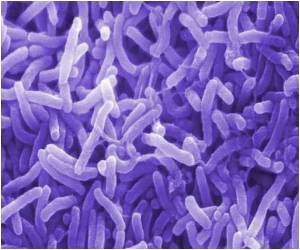Cuban researchers are working on developing two new cholera oral-vaccines, say experts.

The live vaccine, in development for more than 10 years, "is composed of live cholera bacteria after extracting the virulence factors. Thus, it is a strain of the disease, but is not pathogenic," Acevedo said.
The vaccine elicits "an immune response" but patients won't get sick, he said.
Compared with other existing vaccines worldwide, the Cuban version has the advantage of being administered in a single oral dose which eliminates the virus in less than 72 hours, he said.
The live vaccine is still under development stage, but has been tested in Cuba and Mozambique with good results in both safety and effectiveness. "New clinical trials in children are likely later this year," he added.
Cholera, an acute diarrhoea disease, causes 100,000 to 120,000 deaths each year worldwide, according to the Pan American Health Organization (PAHO). Cuba witnessed a cholera outbreak in 2012.
"Live vaccines usually require abundant resources, technologies, and logistics for production," she added.
Source-IANS
 MEDINDIA
MEDINDIA




 Email
Email








